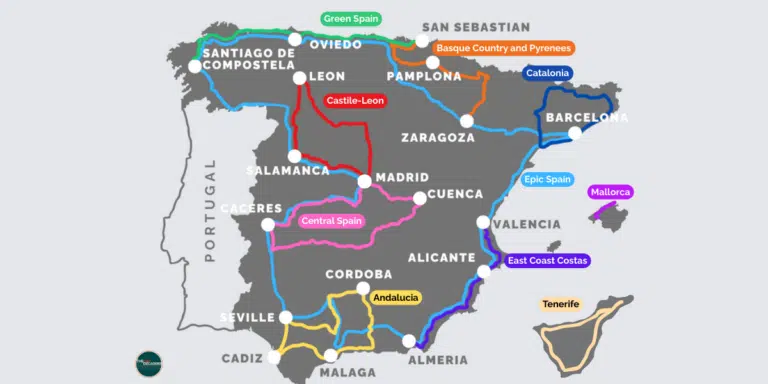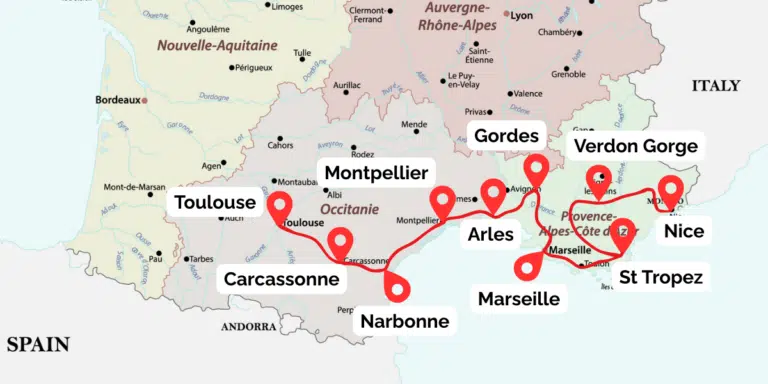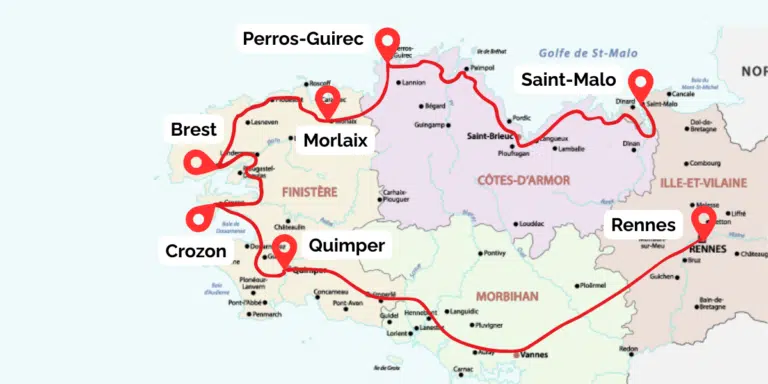This post may contain affiliate links, from which we earn an income. Click here to read our affiliate policy.
Cruising offers more than just a journey across the seas; it provides a unique opportunity to immerse oneself in the cultures of various cruise destinations. While the allure of luxurious amenities and scenic views is undeniable, the true essence of travel lies in connecting with the local traditions, histories, and communities of the places we visit.
This article delves into how cruises can facilitate authentic cultural experiences, highlighting the importance of cultural immersion and offering insights into how to engage meaningfully with local cultures during your travels.
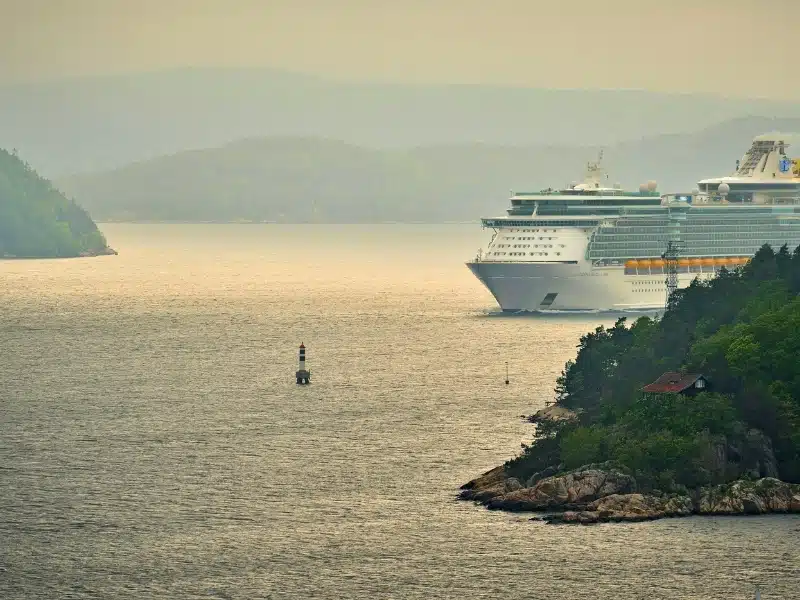
The Essence of Cultural Immersion
Cultural immersion goes beyond sightseeing; it involves engaging with the local way of life, understanding traditions, and participating in community activities. For travelers, this means stepping off the beaten path to experience destinations through the eyes of locals.
Whether it’s learning a traditional craft, participating in a local festival, or savoring authentic cuisine, cultural immersion enriches the travel experience, fostering a deeper connection to the places visited.
Cruise itineraries often include stops at ports rich in cultural heritage, providing passengers with opportunities to engage in such immersive experiences.
These stops are carefully selected to offer a balance between relaxation and cultural exploration, ensuring that travelers can enjoy both the comforts of the cruise and the authenticity of the destinations.
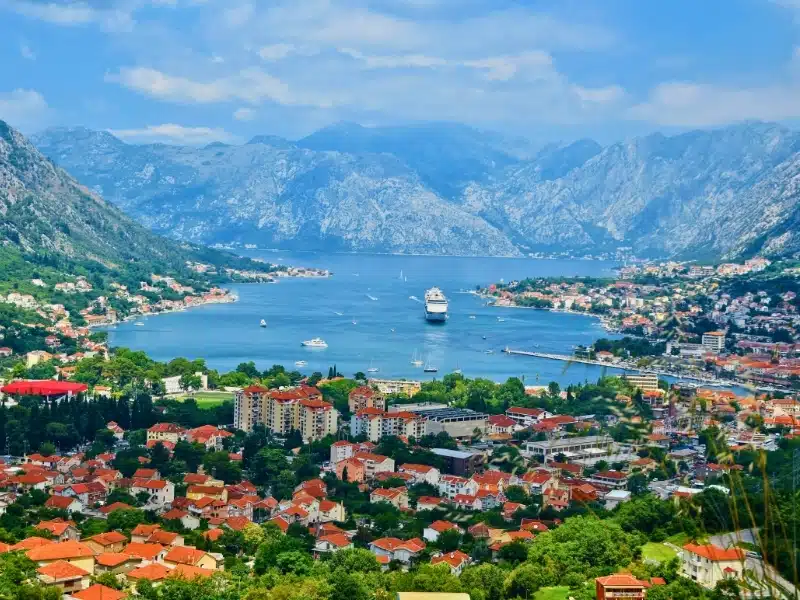
Engaging with Local Communities
One of the most rewarding aspects of cruising is the chance to interact with local communities. Many cruise lines offer shore excursions that focus on cultural experiences, such as guided tours led by local experts, visits to historical sites, and participation in community events. These excursions provide insights into the daily lives of residents, their customs, and their traditions.
For instance, in ports like Cochin, India, travelers can explore the rich tapestry of local life through visits to spice markets, traditional dance performances, and interactions with artisans.
Similarly, in destinations like Dubrovnik, Croatia, guided tours can offer historical perspectives on the city’s architecture and cultural evolution.
Engaging with local communities not only enhances the travel experience but also supports sustainable tourism practices. By participating in community-led activities and purchasing locally made crafts, travelers contribute to the local economy and help preserve cultural heritage.
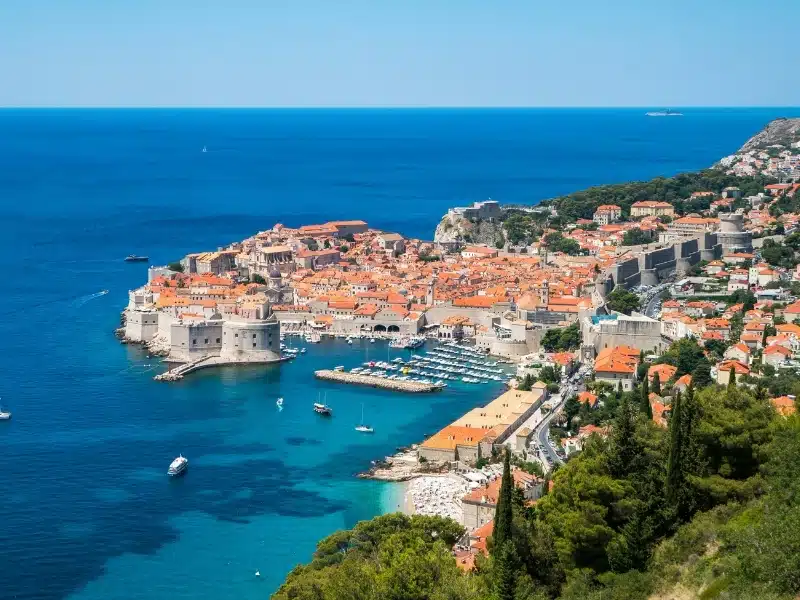
Experiencing Local Traditions and Festivals
Festivals are a vibrant expression of a community’s culture and traditions. Many cruises are timed to coincide with local festivals, allowing passengers to partake in celebrations that are both entertaining and educational. These festivals often feature traditional music, dance, cuisine, and rituals that provide a window into the heart of a culture.
For example, a Mediterranean cruise might align with the Carnival of Venice, offering passengers the chance to witness elaborate costumes and historical performances.
Similarly, a journey through Southeast Asia could coincide with the Songkran Festival in Thailand, where travelers can join in the water festivities and learn about the significance of the New Year celebrations.
Participating in such festivals allows travelers to experience the joy and communal spirit of local traditions, fostering a deeper appreciation for cultural diversity.
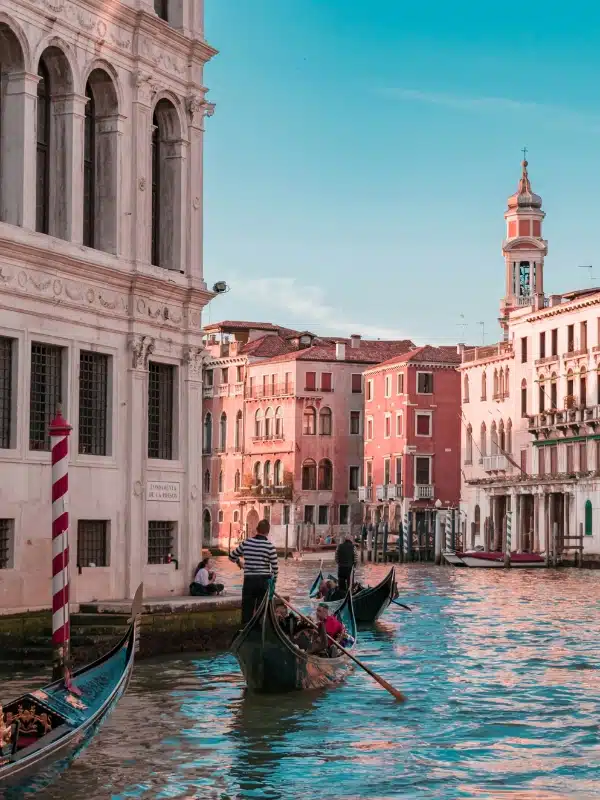
Culinary Adventures: Tasting the Culture
Food is an integral part of any culture, and cruising offers numerous opportunities to savor authentic local cuisine. Many cruise itineraries include stops at ports known for their culinary heritage, providing passengers with the chance to taste dishes prepared using traditional methods and ingredients.
In destinations like Italy, travelers can enjoy fresh pasta dishes made from age-old recipes, while in Japan, they can savor sushi prepared by skilled chefs. Culinary shore excursions often include visits to local markets, cooking classes, and tastings, allowing passengers to learn about the history and significance of the dishes they sample.
Engaging in culinary experiences not only delights the palate but also offers insights into the cultural significance of food in different societies.
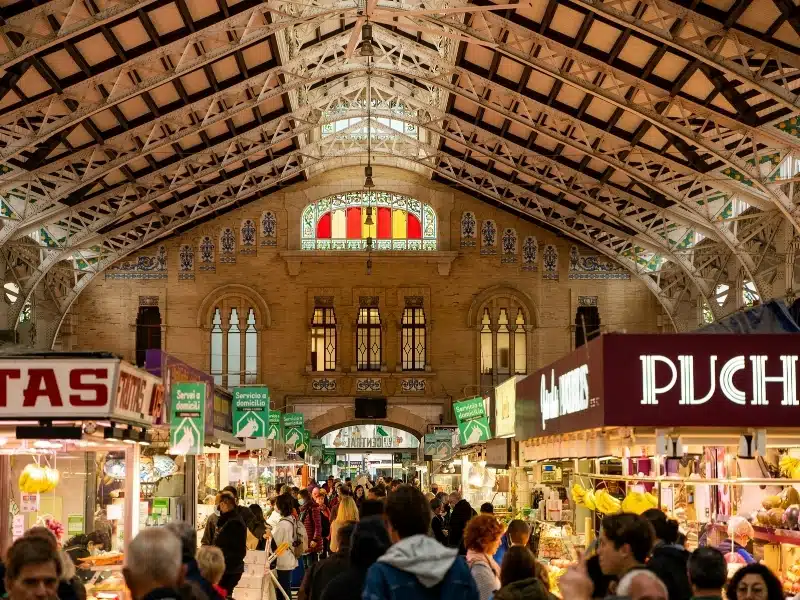
Practical Tips for Cultural Immersion
To make the most of cultural experiences during a cruise, consider the following tips:
Conclusion
Cruising offers a unique platform for cultural immersion, allowing travelers to experience the world in a meaningful and enriching way. By engaging with local communities, participating in traditions and festivals, savoring authentic cuisine, and supporting sustainable tourism practices, passengers can gain a deeper understanding and appreciation of the cultures they encounter.
As the world continues to embrace cultural exchange, cruising remains a valuable means of connecting with diverse cultures, fostering mutual respect, and celebrating the shared humanity that unites us all. Through thoughtful and respectful engagement, travelers can ensure that their journeys contribute positively to the communities they visit, leaving lasting impressions and forging connections that transcend borders.

